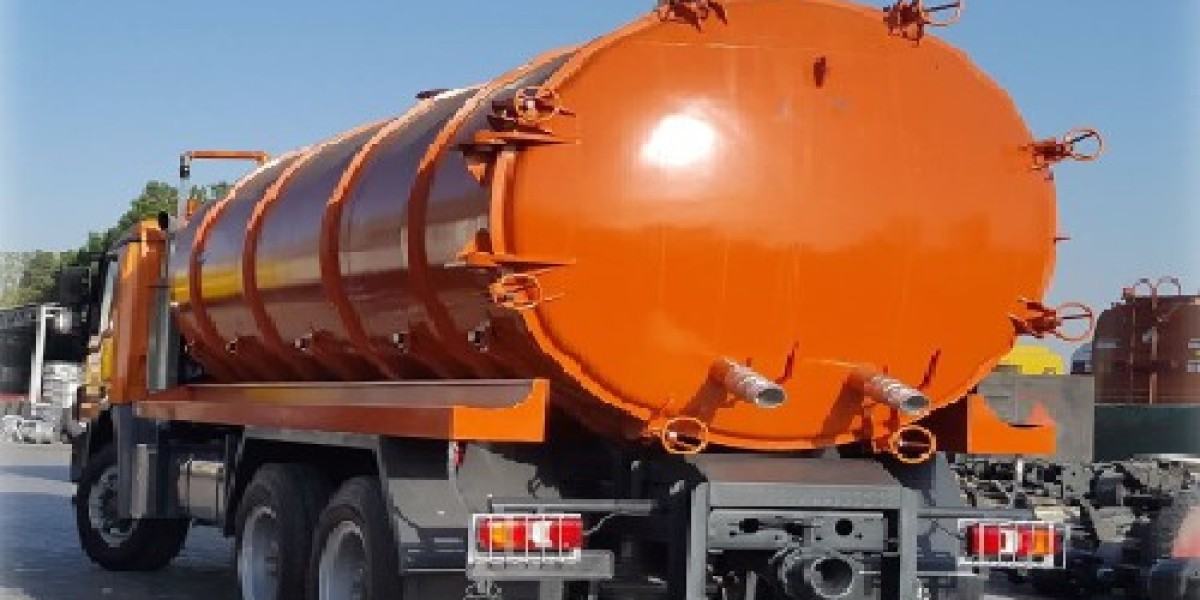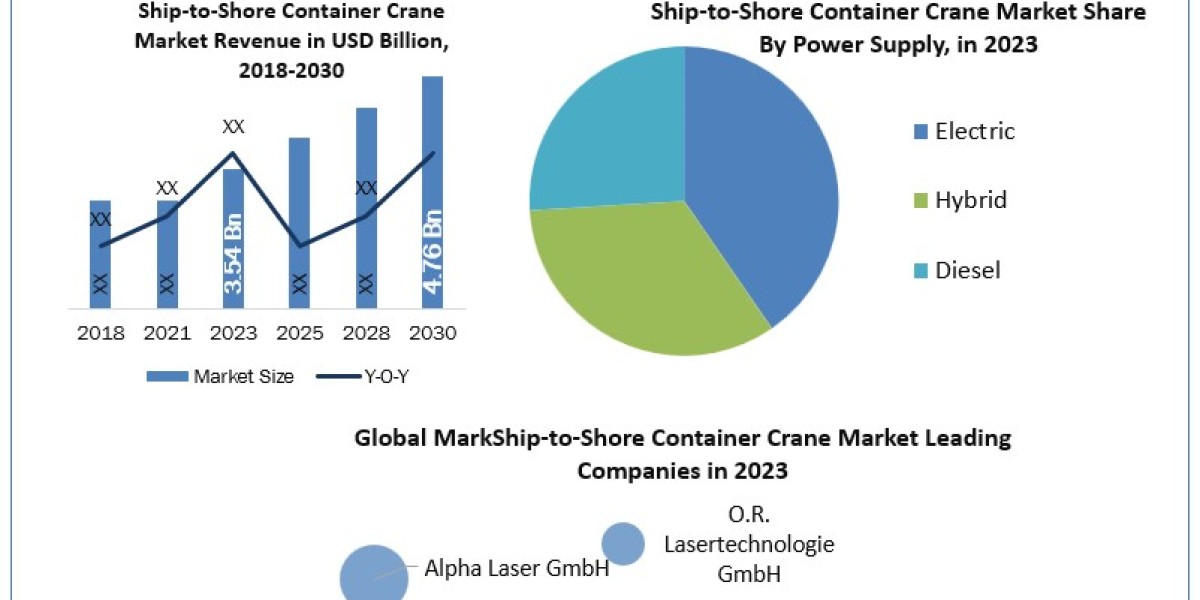In the bustling metropolis of Dubai, where towering skyscrapers and luxury lifestyles dominate the skyline, another critical facet of urban management is gaining increasing attention: medical waste management. As the healthcare sector continues to expand rapidly in response to the city’s growing population and advancing medical technologies, the role of medical waste companies in Dubai becomes ever more crucial. This article explores why effective medical waste management is vital, the challenges faced, and how specialized companies in Dubai are addressing these issues to ensure a healthier and safer environment for all.
The Significance of Medical Waste Management
Medical waste, also known as healthcare or clinical waste, comprises items that are generated during the diagnosis, treatment, or immunization of patients. These include used needles, contaminated bandages, blood-soaked materials, pharmaceuticals, and other hazardous substances. Improper handling or disposal of such waste can pose severe health risks and environmental hazards, including the spread of infections and pollution of soil and water sources.
Dubai, as a leading global healthcare hub, is home to numerous hospitals, clinics, and laboratories. This vibrant healthcare sector generates significant volumes of medical waste daily. Consequently, efficient and responsible waste management practices are paramount to prevent potential outbreaks of infections, safeguard public health, and comply with stringent environmental regulations.
Challenges in Medical Waste Management
Volume and Complexity: The sheer volume of medical waste produced in Dubai’s healthcare facilities is substantial. Different types of waste require specific handling, treatment, and disposal methods. For instance, sharps and infectious materials need careful segregation and sterilization, while pharmaceutical waste requires specialized disposal techniques.
Regulatory Compliance: Dubai has established comprehensive regulations governing medical waste management. The Dubai Health Authority (DHA) and the Environmental Agency – Abu Dhabi (EAD) impose strict guidelines to ensure that medical waste is managed safely and effectively. Compliance with these regulations is mandatory for healthcare providers and waste management companies.
Safety Concerns: Handling medical waste involves inherent risks. Workers must be trained to handle hazardous materials safely, and appropriate protective equipment must be used to avoid exposure to infectious agents and chemicals. Ensuring the safety of personnel and the community requires rigorous adherence to protocols and standards.
Environmental Impact: Improper disposal of medical waste can have detrimental effects on the environment. Harmful substances can leach into the soil and water, potentially affecting wildlife and human populations. Sustainable and eco-friendly waste management solutions are essential to mitigate these risks.
The Role of Medical Waste Companies in Dubai
Medical waste companies in Dubai play a pivotal role in addressing these challenges. Their services encompass the collection, transportation, treatment, and disposal of medical waste in compliance with local and international regulations. Here’s how they contribute to effective waste management:
Collection and Segregation: Proper segregation of medical waste at the source is the first step in its management. Medical waste companies provide specialized containers for different types of waste, such as sharps containers for needles and biohazard bags for infectious materials. They ensure that waste is collected regularly and safely transported to treatment facilities.
Treatment and Disposal: Treatment methods vary based on the type of waste. Incineration is commonly used for hazardous and infectious materials, while autoclaving (steam sterilization) is employed for other types. Some medical waste companies also utilize advanced technologies such as microwave and chemical treatments to ensure thorough processing. Proper disposal methods are crucial to minimize environmental impact and health risks.
Compliance and Documentation: Medical waste management companies in Dubai are responsible for maintaining detailed records of waste handling, treatment, and disposal. These records are essential for regulatory compliance and auditing purposes. Companies must adhere to DHA and EAD guidelines and frequently undergo inspections to ensure their practices meet required standards.
Training and Safety: Ensuring the safety of waste management personnel and healthcare providers is a top priority. Medical waste companies offer training programs to educate staff about safe handling practices, emergency procedures, and the use of protective equipment. Regular safety audits and updates to procedures help minimize risks associated with medical waste.
Innovation and Sustainability: With increasing awareness of environmental issues, many medical waste companies in Dubai are adopting innovative and sustainable practices. This includes investing in technology to enhance waste treatment efficiency, exploring recycling options for certain types of waste, and implementing waste reduction strategies to minimize overall waste generation.
The Future of Medical Waste Management in Dubai
As Dubai continues to grow as a global medical tourism destination and healthcare hub, the demand for effective medical waste management will only increase. The city’s vision for sustainability and environmental stewardship will drive further advancements in waste management practices.
Technological Advancements: The integration of smart technologies such as IoT sensors for real-time monitoring of waste levels and automated sorting systems will improve efficiency and reduce human error. Innovations in treatment technologies will also enhance the ability to process waste safely and sustainably.
Regulatory Developments: As environmental concerns and healthcare practices evolve, regulations governing medical waste management are likely to become more stringent. Medical waste companies will need to stay abreast of these changes and continuously update their practices to ensure compliance.
Public Awareness and Education: Increasing public awareness about the importance of proper medical waste disposal and the role of medical waste companies will foster greater community involvement in waste management efforts. Educational campaigns and collaboration with healthcare providers will enhance the effectiveness of waste management strategies.
Collaboration and Partnerships: Collaboration between healthcare facilities, waste management companies, and regulatory bodies will be crucial in developing and implementing best practices. Partnerships aimed at research, technology development, and policy-making will contribute to more effective and sustainable medical waste management solutions.
Conclusion
The role of medical waste companies in Dubai is integral to maintaining public health and environmental safety in a rapidly growing urban landscape. By addressing the complexities of medical waste management through proper collection, treatment, and disposal, these companies play a crucial role in safeguarding the community and the environment. As Dubai continues to advance, so too will the strategies and technologies employed to manage medical waste, reflecting a commitment to both innovation and sustainability.








